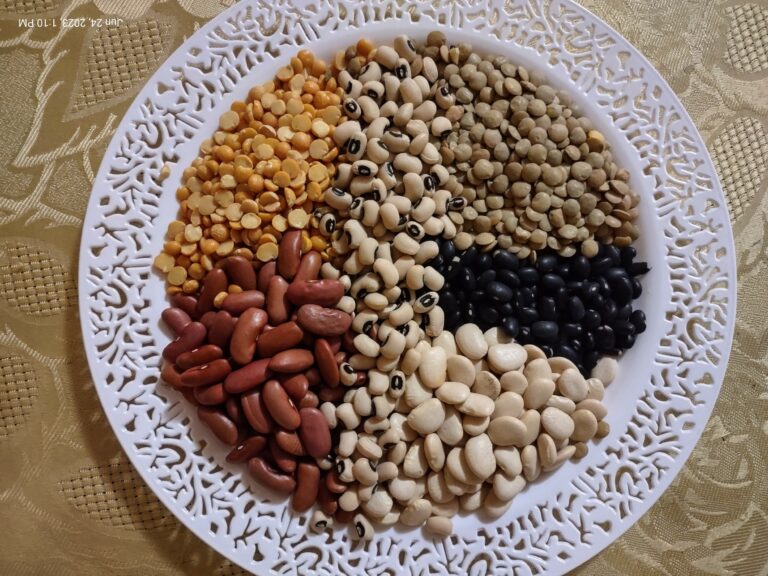By: Coleen Smith, MBA, BS, ABA – 5/21/24
Every living creature on earth requires water for its existence. It forms the common thread between all living creation, nature, earth and the universe. It has earned its seat at the table for its multiple vital roles in human health and wellbeing. Water is not only a key component of the cells in our bodies, but it is also critical for cellular function. Some of its core functions in the body include aiding thermoregulation, nutrient absorption, digestion, waste excretion, brain function, blood oxygen circulation, kidney function. Individuals with medical issues, may be restricted to the quantity of water consumed daily. In such cases, it is important to consult with your doctor for advice on your water consumption.
What is Potable Water
Drinkable water is colorless (transparent), odorless, and must be free from any form of impurities, microorganisms, viruses, toxins and fecal matter. It must not have contaminants. Potable water must be treated to comply with State and Federal standard levels prior to consumption, and or meet the WHO drinking water guidelines (Watereducation.org).
Thermoregulation
Water plays a critical role in regulating your body temperature; thanks to its high heat capacity. By drinking water your body can release excess heat, particularly when its temperature rises above normal. Physical activity frequently leads to overheating, but the through the sweating process, the body removes this excess heat. This natural cooling mechanism regulates your body’s temperature balance.
Since perspiring lowers the body’s overall water content, inadequate water intake can result in dehydration. Dehydration poses serious health risks including fever, mental health changes, rapid pulse, faintness, staggering, flushed skin, or even coma (National Institute of Health).
Digestion and Nutrient Absorption
Drinking water is essential for breaking down food in the stomach and intestines. It transports nutrients through the bloodstream, nourishes your cells and helps you to maintain a healthy balance of wellness. Therefore, water plays a pivotal role in aiding digestion, enabling the body to function efficiently by transporting nutrients throughout your system.
The necessity of water in the digestive process of soluble fiber/prebiotics must be emphasized. MedPlus explains that water transforms fiber into gel like consistency, thus slowing the digestive process and providing a sense of fullness.
Improves Blood Oxygen Circulation
Consuming water is a key component of good health maintenance. Proper hydration ensures that the blood flows easily throughout your circulatory system, efficiently delivering oxygen to the muscles, brains, and other vital organs. This seamless flow supports oxygen transmission, supports heart’s function and overall bodily health.
Insufficient water intake that results in dehydration, can cause the blood to thicken and retain high levels of sodium, while limiting oxygen supply to the organs. This can lead to hypertension, heart disease, stroke, and other serious health conditions such as sepsis. All of which can be fatal, if medical intervention is ignored.
Dehydration also forces the heart to work harder to pump blood through the vessels; thus increasing the risks of heart problems while compromising the health of your muscles and other vital organs.
Brain Function
A Healthy brain is essential in maintaining mental alertness, better concentration, and faster thinking. Hydration plays a critical role in this process. Drinking water helps transport nutrients and oxygen to the brain via the bloodstream, which enhances cognitive thinking.
Water also plays a role in cleansing toxins and wasted from the blood, that would impair brain function. A mere 1% decrease in body fluids levels can significantly affect your cognitive function and brain health. This no doubt, highlights the importance of adequate hydration.
Kidney Function
Water hydration plays a critical part in supporting kidney health and function. It not only aids in the transporting of nutrients to the kidneys, but also aids the kidneys to remove waste from the blood. Well functioning kidneys removes waste from the blood and return the cleaned blood to the body for circulation. This waste is excreted from the body in the form of urine. If the kidneys are unable to carry out this filtration process of the blood, it would lead to a buildup of dangerous levels of waste and fluid the body.
Water also helps to keep your blood vessels open so that blood can travel to the kidneys freely to ensure its proper functioning. Urine production by the kidneys is pivotal in maintaining healthy organs and body, because the body does retain waste and excess water. Kidneyresearchuk.org notes ” Research suggests that drinking pain water, in particular, can have a potentially protective effect on kidney function”.
Severe dehydration can lead to kidney stones, UTI and or even kidney damage/disease. If left untreated, the end result would be fatal. Prioritizing kidney health is of paramount importance.
Conclusion
Drinking water is imperative in maintaining good health and ensuring your body’s key functions are carried out smoothly. Proper hydration aids temperature control, keeps your body cool and prevents overheating. It supports your kidneys in filtering waste, while boosting circulation to deliver oxygen and nutrients to your cells efficiently.
Muscles and the heart both rely on adequate water intake to work properly, enhancing your physical performance and cardiovascular health. Staying hydrated also benefits your brain, improves cognitive function and mental clarity. Make water consumption a priority for a healthier, more vibrant life.



